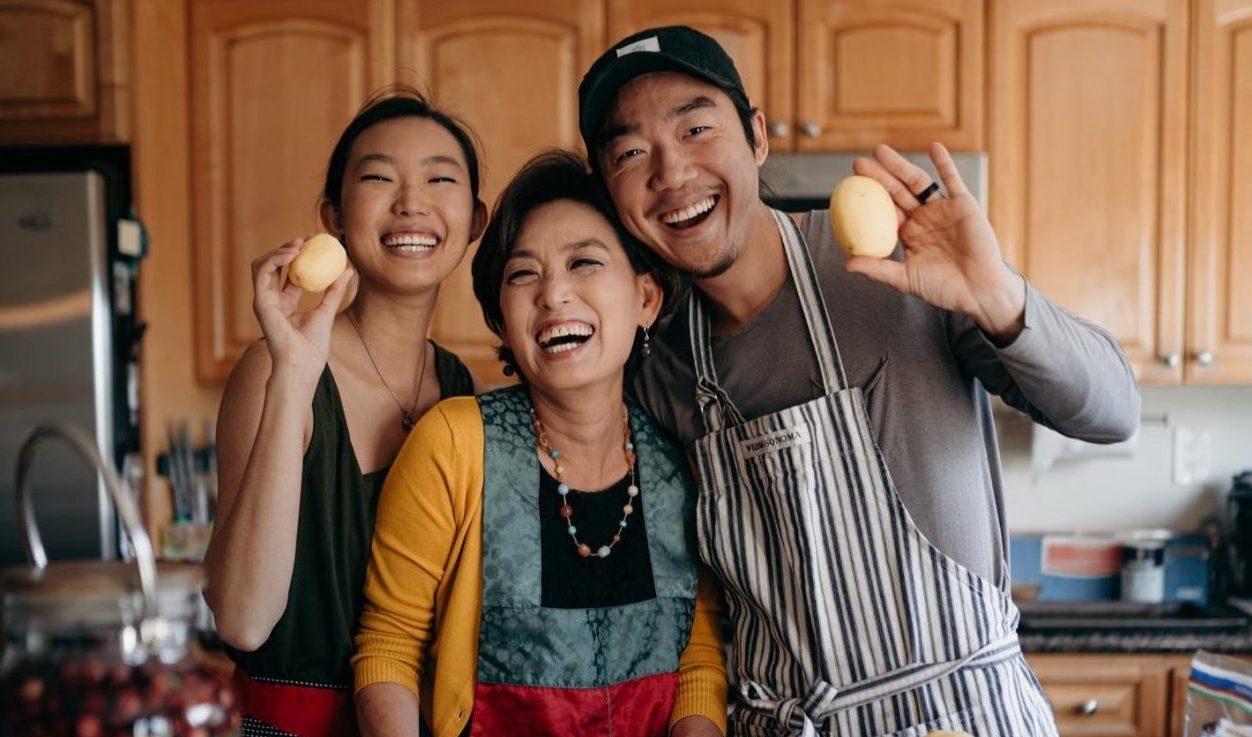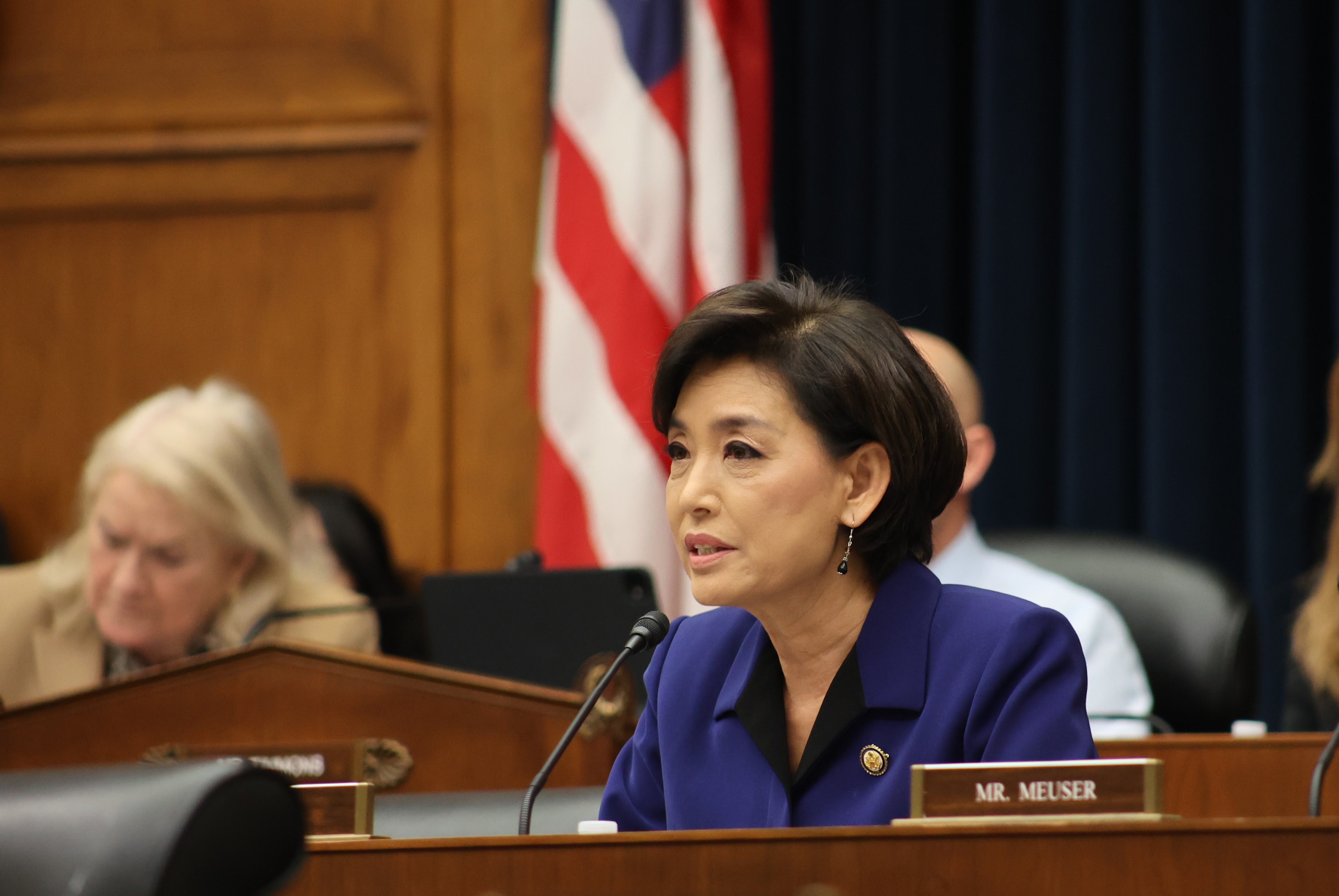Originally Published in RealClearPolicy on January 12, 2024
Saturday marks Korean American Day, which honors the arrival of the first Korean migrants to the United States on January 13, 1903, and celebrates the contributions of our Korean American community.
As we recognize Korean American Day, I reflect on the sacrifices my family made in the aftermath of the Korean War to come the United States for a chance at a better life. As an immigrant from South Korea with family members who defected from North Korea, I always remember where I came from. I am grateful to be an American and for the freedom and opportunity this country provides. At the same time, I do not take this for granted and am fighting every day, as one of the first Korean American women to serve in Congress, to deliver results for my community and ensure the American dream remains alive for my grandkids – and yours.
I am proud of my story. But my story is not unique – it is reflective of the experiences of more than 2 million Korean Americans who call the United States home. Since the first Korean migrants came to this country 121 years ago, Korean Americans have been proud Americans – paying it forward from coast to coast, making a difference across communities, and finding success in the classroom, in the workplace, and even in Congress.
My family has passed down Korean traditions to our children and now our grandchildren. Among these is making and enjoying kimchi, a spicy side dish of salted and fermented vegetables, that has had a place at Korean tables like mine for 2,500 years. In recent years, kimchi has transformed from a staple dish into a culinary icon that not only provides tremendous health benefits but also reflects growing Korean cultural influence over the past 121 years.
That’s why I was proud to introduce a resolution in Congress with fellow Korean American Representatives Michelle Steel (CA-45), Marilyn Strickland (WA-10), and Andy Kim (NJ-03) to honor National Kimchi Day on November 22. National Kimchi Day, already officially recognized in several states, celebrates the growing influence of Korean culture in the United States reflected in the explosion of kimchi in restaurant menus and kitchen tables across the nation.
Kimchi’s culinary journey mirrors how Korean traditions have integrated into American life, drawing parallels with the experiences of the Korean American community over the past century. I have enjoyed seeing the rise in popularity of K-Pop, for example, and love offering recommendations when my colleagues ask which Korean dramas they should watch. Kimchi is the original K-culture export. Before there was “Gangnam Style,” BTS, “Parasite,” or “Squid Game,” there was kimchi. Much of the kimchi consumed in the U.S. comes from well-known South Korean brands such as CJ Group’s Bibigo that has been making kimchi since the end of the Korean War and operating its plant in Fullerton, Calif., right outside my district in Southern California, since 2013.
The global recognition of kimchi’s cultural importance was highlighted in 2013 when UNESCO recognized kimjang, the traditional process of making and sharing kimchi, as an Intangible Cultural Heritage. This acknowledgment elevated kimchi from simply food to a cultural practice bonding generations and fostering a sense of unity.
Kimchi’s fusion into mainstream American cuisine is not limited to Korean BBQ restaurants. From burger joints to trendy fusion food trucks, kimchi has found its way into unexpected places, creating unique and exciting combinations. Kimchi is now integrated into a variety of dishes, from tacos to pizza, and has proven its ability to transform traditional American staples.
In 2014, South Korea’s government established an annual Kimjang Day on November 22 to encourage communities worldwide to participate in making kimchi together. This global event not only promotes kimchi’s cultural significance but also strengthens ties between Korea and nations around the world. As we mark 70 years of the U.S.-South Korea alliance, Kimchi Day in the United States also pays homage to our successful partnership based on shared values of freedom, democracy, and security. And what better way to celebrate on November 22, around Thanksgiving, than with some kimchi on the side of your Thanksgiving turkey? I know I’ll have some kimchi stew, a family favorite, at my table.
Our Kimchi Day resolution is a testament to the power of food as a unifying force, fostering cultural understanding and building bridges between communities. Let us come together to embrace our unique cultures, backgrounds, and experiences that are all woven into America’s fabric and savor the unique contributions of the Korean American community to our national identity.




